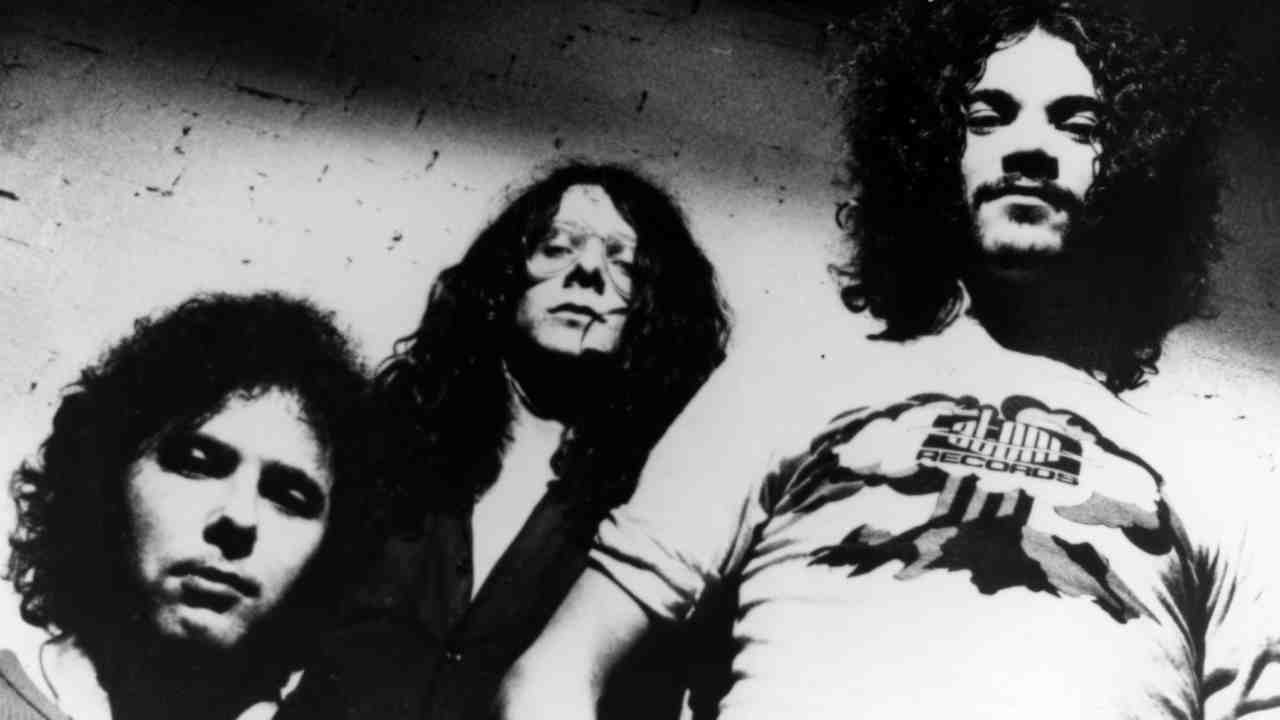“I thought no one’s gonna buy this because it’s too long. I thought our label would say, ‘Sorry boys, you’ll be hearing from our lawyers’”: How Genesis wrote one of prog’s wildest epics – with help from a rumoured exorcism
Genesis’ mad 1972 epic is up there with Stairway To Heaven and Shine On You Crazy Diamond
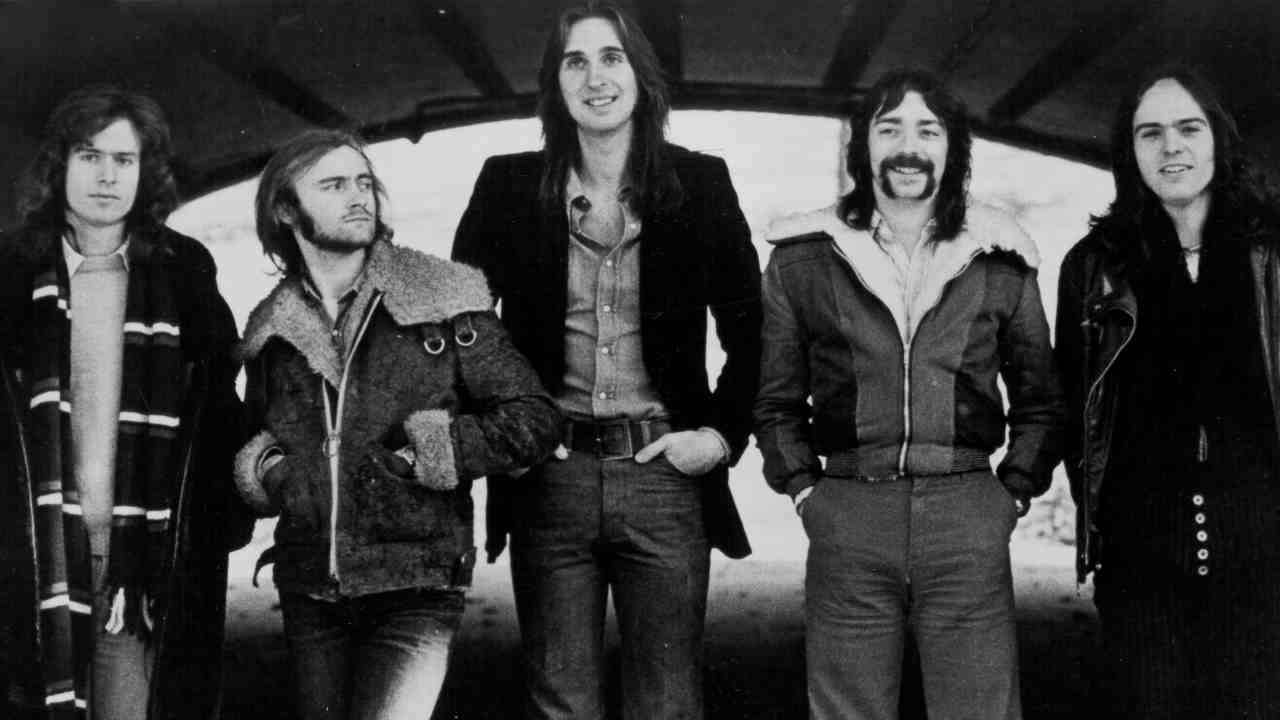
Select the newsletters you’d like to receive. Then, add your email to sign up.
You are now subscribed
Your newsletter sign-up was successful
Want to add more newsletters?

Every Friday
Louder
Louder’s weekly newsletter is jam-packed with the team’s personal highlights from the last seven days, including features, breaking news, reviews and tons of juicy exclusives from the world of alternative music.

Every Friday
Classic Rock
The Classic Rock newsletter is an essential read for the discerning rock fan. Every week we bring you the news, reviews and the very best features and interviews from our extensive archive. Written by rock fans for rock fans.

Every Friday
Metal Hammer
For the last four decades Metal Hammer has been the world’s greatest metal magazine. Created by metalheads for metalheads, ‘Hammer takes you behind the scenes, closer to the action, and nearer to the bands that you love the most.

Every Friday
Prog
The Prog newsletter brings you the very best of Prog Magazine and our website, every Friday. We'll deliver you the very latest news from the Prog universe, informative features and archive material from Prog’s impressive vault.
“I don’t think it’s crazy, no,” says Steve Hackett.“I wouldn’t say it’s particularly misunderstood, either. Though it is hugely open to interpretation.”
The former Genesis guitarist is talking about Supper’s Ready, the 23-minute-plus opus that runs for almost the entire length of side two of his old band’s 1972 breakthrough album Foxtrot.
A cornerstone in the story of progressive rock, Supper’s Ready found this still developing genre reaching its apogee. There had been double-digit-length album tracks before – not least Genesis’s own 10-minute The Musical Box – but nothing quite as conceptually epic, as ambitiously executed as Supper’s Ready.
Constructed from seven distinct parts that form a jagged musical whole, it instantly rose to become perhaps the most famous and influential musical adventure in a genre then bursting its creative banks with all-time classic tracks: the template for the ornate, classically influenced, lysergically-charged, heroically daft, peculiarly English variety of progressive rock that then ruled the world.
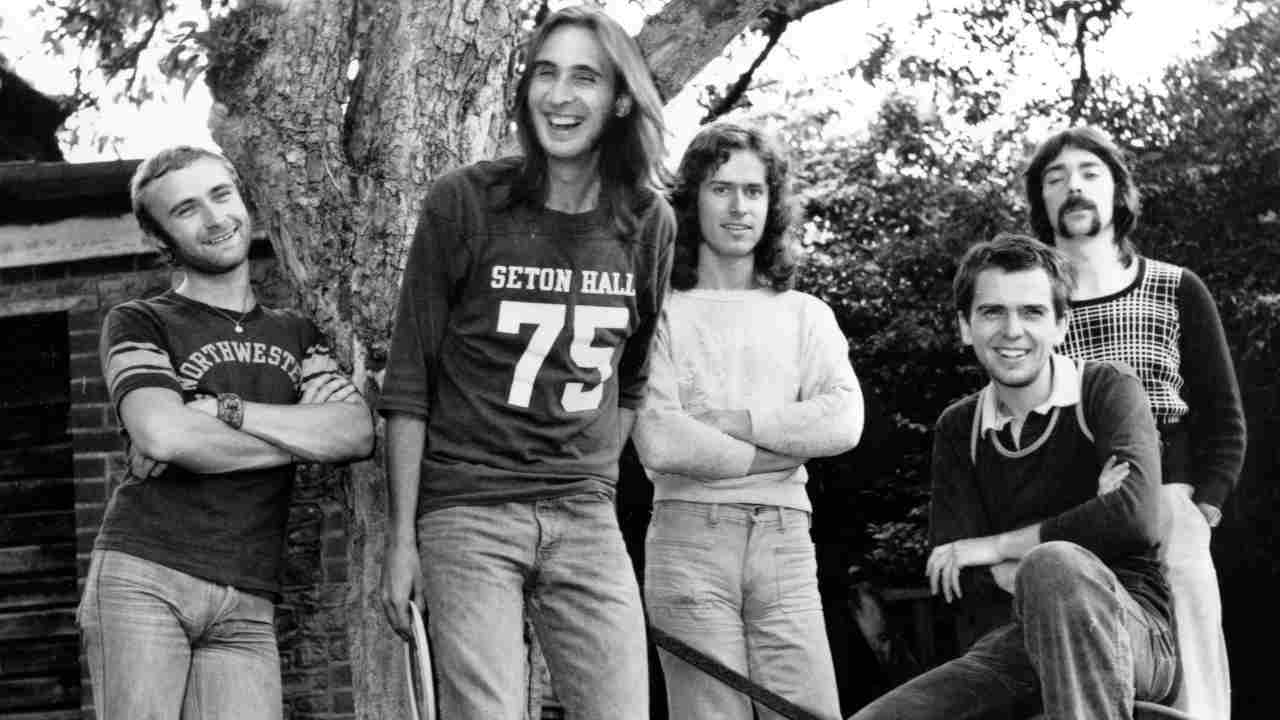
According to keyboardist Tony Banks: “When we started it we thought we were writing a kind of follow-up to The Musical Box, and it was going along quite nicely. Then we had this pretty-pretty song, Willow Farm, on its own, and thought, what if we suddenly went from there into this ugly, descending-chords sequence? No one would be expecting it. And once we got into that, we thought, well, we’re here now, let’s carry on, with freedom, and see where it leads us. When we put the whole thing together and heard it back for the first time, we went: ‘Oh, this is actually pretty good.’”
“I was pissed off: ‘You’re singing on my bit!’ Then I realised it now had all the excitement we’d been trying to create.”
Tony Banks
Steve Hackett insists now, however, that he was not convinced it was a good idea at all: “I thought, no one’s gonna buy this, because it’s too long. The [lyrical] references are too far-flung. It’s totally ambiguous. I thought the first time [Charisma Records chief] Tony Stratton-Smith heard it he was gonna say: ‘Sorry, boys, game’s up, contract’s cancelled, you’ll be hearing from our lawyers.’” Instead it was Stratton-Smith who positively encouraged the band to take their music as far as it could go, according to Foxtrot producer David Hitchcock.
Seeing his role as “essentially a facilitator” Hitchcock says his greatest contribution to the track was “explaining they didn’t need to play it all the way through to record it, that we could do it section by section, with cross-fades and edits, then put it all together later. That allowed them to concentrate for the three or four minutes of each section, and get the best possible performance, while also allowing them to bring in different sounds for each section, rather than playing it straight through with one long, homogenous sound.”
Sign up below to get the latest from Classic Rock, plus exclusive special offers, direct to your inbox!
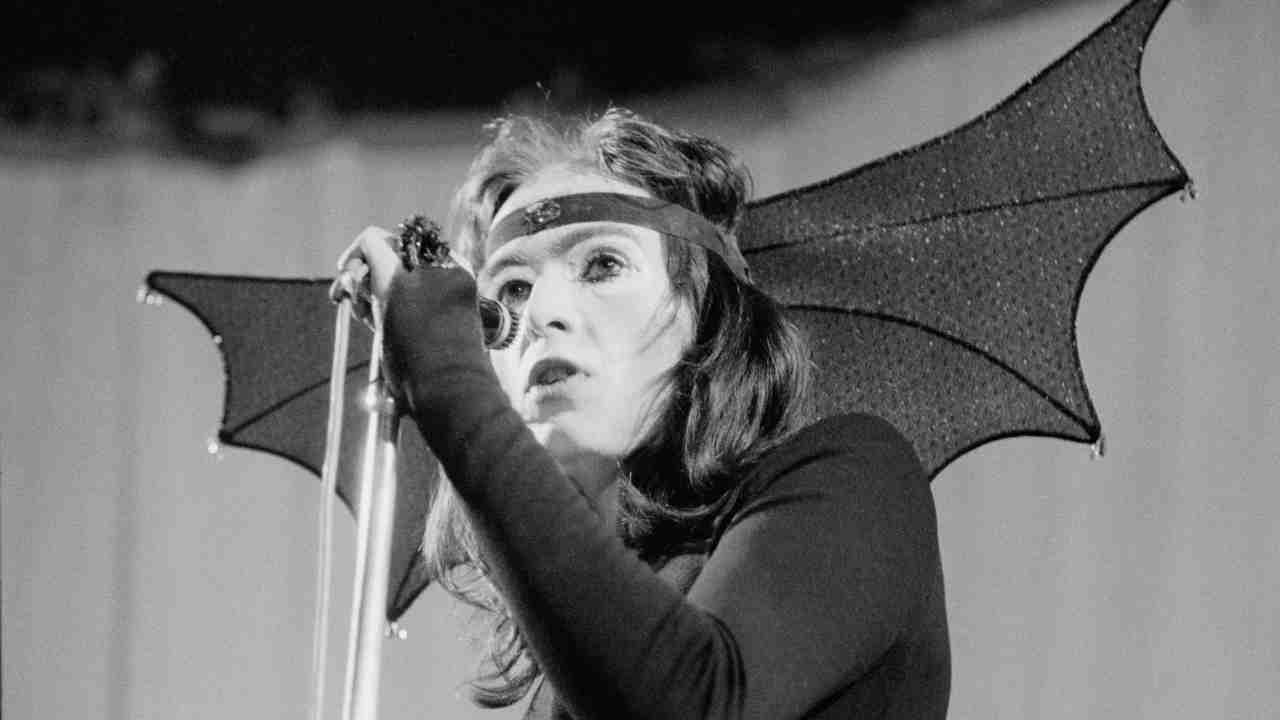
The pressure was also on for the band to find chart success. “Not in the sense of making them sound more commercial,” says Hitchcock, “but in the sense of taking what they did as far as it could possibly go.” Tensions in the studio were rife. “Mainly between Tony and Peter,” says Hitchcock. “There weren’t big bust ups, just a lot of sulking.”
“I did consider playing it with my normal band, but there was a lot of resistance about trying to learn it”
Peter Gabriel
When Gabriel began singing over the keyboard solo in the section titled Apocalypse In 9/8, Banks admits “I was pissed off. ‘You’re singing on my bit!’ Then I realised it now had all the excitement we’d been trying to create, especially the ‘Six Six Six’ section. You have a lot of drama in the chords themselves, then what he did on top just took it to another level. Yes, that half-minute or so is our peak.” The other big battle Gabriel won was over the lyrics. “We were all involved as lyricists on Foxtrot per se,” says Hackett, “but Pete insisted on writing all of the lyrics to Supper’s Ready himself.”
The rumour subsequently spread that the core of the lyrical narrative was based on a ‘supernatural’ experience Gabriel had gone through with his then-wife Jill; that Gabriel had been convinced she was possessed, and brandished a makeshift cross out of candlesticks, to which she reacted violently.
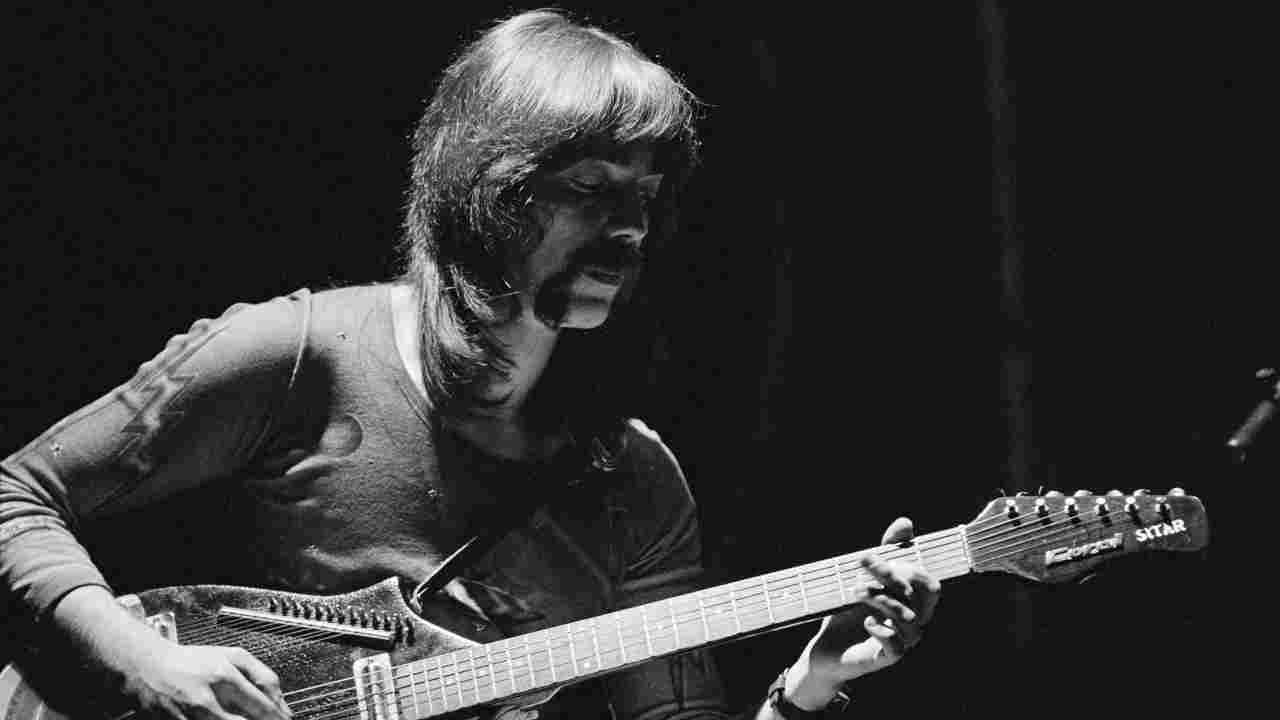
According to Hackett, however, the situation was probably more prosaic. “I believe there’d been some drug taking going on. I believe she was having a bad trip at one point, and that Pete and a friend managed to talk her round and get her out of the horrors or whatever it was. So that’s a part of what the song was about, but in a way there’s a kind of redemption implication that goes with that.”
Gabriel later claimed other parts of the lyrics were inspired by a late-night sighting of seven shrouded men walking in his garden. There were also lighter moments like Willow Farm, which Hackett not inaccurately describes now as “part Teddy Bears’ Picnic, part I Am The Walrus.” Plus sideways mentions for topics as seemingly disparate as Winston Churchill in drag, firemen, New Jerusalem, and not forgetting: a flower.
Whatever one took from the lyrics, Supper’s Ready immediately assumed the mantle of all-time showstopper at Genesis concerts, Gabriel going through several ever more outlandish costume changes before ascending to the indoor sky in a silver suit at its climax.
Today Supper’s Ready is up there with Stairway To Heaven and Shine On You Crazy Diamond as one of the more monumental profiles on rock’s Mount Rushmore.
“I still enjoy it,” Gabriel once said. “I did consider playing it with my normal band, but there was a lot of resistance about trying to learn it. It’s still something I wouldn’t mind looking at, or maybe just sections of it. Oh, I don’t know, though, it’d be nice to do it as a whole piece.”
Originally published in Classic Rock issue 186 (July 2013)
Mick Wall is the UK's best-known rock writer, author and TV and radio programme maker, and is the author of numerous critically-acclaimed books, including definitive, bestselling titles on Led Zeppelin (When Giants Walked the Earth), Metallica (Enter Night), AC/DC (Hell Ain't a Bad Place To Be), Black Sabbath (Symptom of the Universe), Lou Reed, The Doors (Love Becomes a Funeral Pyre), Guns N' Roses and Lemmy. He lives in England.
You must confirm your public display name before commenting
Please logout and then login again, you will then be prompted to enter your display name.


